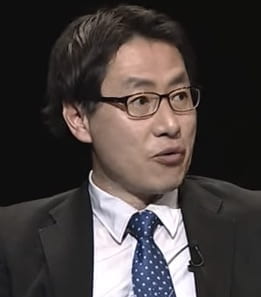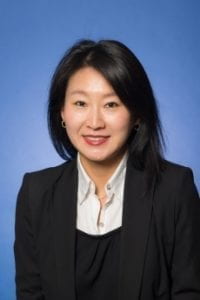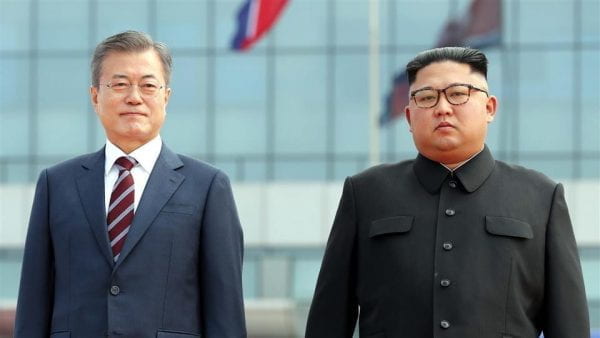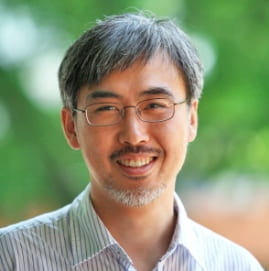The Korean Cultural Center Washington, D.C. proudly presents Women’s Art and Culture: Korea and the U.S., a symposium exploring the intersection of women, art, and society in and between these two distinct but intertwined countries, featuring four distinguished speakers. This program looks at the cultural heritage of feminism and feminist art, its widespread social impact, and shared ideas among artists and activists both past and present. The program will take place Friday, September 13 starting at 6:00 p.m. at the Korean Cultural Center Washington, D.C.
For the symposium’s first session, pioneering Korean feminist artist Suknam Yun will introduce her philosophy, decades-long career, and artwork, including her work Mother III currently on display at the National Portrait Gallery. Yun’s groundbreaking work has often focused on fundamental but at times overlooked issues of maternal instinct and the strength of women both past and present, elevating her to a unique status comparable to Korea’s leading female historical figures.
The second session presents a broad spectrum of women’s experiences in art and society, comparing and contrasting those in Korea and the United States historically. Jisoo M. Kim, Director of the George Washington University Institute for Korean Studies and Korea Foundation Associate Professor of History, International Affairs, and East Asian Languages and Literatures, will discuss a brief history of women in Korea, focusing on the Joseon Dynasty period (1392-1910) in which women actively engaged in the court system to protect their interests legally. Hyeonjoo Kim, Art Historian and Associate Professor at Chugye University for the Arts located in Korea, will share a brief history of Korean feminist art and the various generations that have emerged since the 1980s. Robyn Asleson, Curator of Prints and Drawings at the Smithsonian’s National Portrait Gallery, will introduce the critical role of women in 20th-century American art, focusing on their transformative influence.
Women’s Art and Culture: Korea and the U.S., is presented in collaboration with the Smithsonian’s National Portrait Gallery and the Institute for Korean Studies at the George Washington University.
Admission to the event on Friday, September 13 at 6:00 p.m. is free and open to the public, but registration is required.
About the Speakers

Suknam Yun, born in Manchuria in 1939, has worked assiduously as a representative Korean feminist artist for the past 40 years. Never having the chance to earn a proper art education until well into her forties, Yun went on to found October Gathering (1985-86), a group that addressed major problems facing Korean women. Since starting her career as an artist, Yun has relentlessly subverted the dominant cultural values by shining a spotlight on aspects of femininity often ignored and regarded as useless by society. She continuously focuses on maternal love and strength, the unstable identity of women, and women’s histories. Over time, Yun has gradually moved away from anthropocentric perspectives and begun to propose the possibility of symbiosis between human beings and all other living creatures, naturally setting her on a path toward ecological feminism and pacifism. Yun was the first woman artist to receive the Lee Joong Sup Award. Actively participating in numerous solo and group exhibitions, she was invited to the Venice Biennale Special Exhibition for Korean Contemporary Art (1995), the Asia-Pacific Triennial of Contemporary Art (1996), the Taipei Biennial (1998), Biennale of Sydney (2000), and Gwangju Biennale (2014). Her works are part of public collections at major art institutions including the National Museum of Modern and Contemporary Art (Korea), Tate Modern (UK), Fukuoka Asian Art Museum (Japan), Tochigi Prefectural Museum of Fine Arts (Japan), Taipei Fine Arts Museum (Taiwan), and Queensland Art Gallery (Australia).

Jisoo M. Kim is Korea Foundation Associate Professor of History, International Affairs, and East Asian Languages and Literatures and Director of the Institute for Korean Studies at the George Washington University. She received her M.A., M. Phil., and Ph.D. in Korean History from Columbia University. She is a specialist in gender and legal history of early modern Korea. Her broader research interests include gender and sexuality, crime and justice, forensic medicine, literary representations of the law, history of emotions, vernacular, and gender writing. She is the author of The Emotions of Justice: Gender, Status, and Legal Performance in Chosŏn Korea (University of Washington Press, 2015), which was awarded the 2017 James Palais Prize of the Association for Asian Studies. She is also the co-editor of The Great East Asian War and the Birth of the Korean Nation by JaHyun Kim Haboush (Columbia University Press, 2016). She is currently working on two book projects titled Suspicious Deaths: Forensic Medicine, Dead Bodies, and Criminal Justice in Chosŏn Korea and Sexual Desire and Gendered Subjects: Decriminalization of Adultery Law in Korean History.

Hyeonjoo Kim is currently an Associate Professor at Chugye University for the Arts. She received her Master’s degree and Ph.D. in Art History at SUNY Buffalo and Ewha Woman’s University, respectively. Through her essay Korean/American/Women: Diasporic Identity of Theresa Hak Kyung Cha and Yong Soon Min (2001) and translation for The Dream of the Audience: Theresa Hak Kyung Cha (Constance M. Lewallen, 2001), she has introduced the works and contributions of Korean American artists Yong Soon Min and Theresa Hak Kyung Cha to the Korean public through the perspective of postcolonialism. She is the main author of Pink Room, Blue Face – YUN Suknam’s Art World (2008), and published multiple essays including, Feminist Art of 1980s in Korea: ‘Let’s Burst Out’ Exhibition’ (2008), The Museum of Sexual Slavery by Japanese Military: Gendered Nationalism and Politics of Representation (2010), Controversies over the Incheon Women Artists’ Biennale (2012), Solidarity and Art Practice as the Social Engagement by the ‘Feminist Artists Group IPGIM’ (2016), Suknam Yun Archive and Reevaluation of Her Works (2018), and many more. She illuminates and re-evaluate the pursuits of Korean women artists, and has been doing research and critique works with interests in gender issues within art history. She was the chief researcher for “YUN Suknam, Korean Artist Digital Archives Project.”

Robyn Asleson is Curator of Prints and Drawings at the National Portrait Gallery. She specializes in American and British art of the eighteenth and nineteenth centuries, with a particular interest in transatlantic crosscurrents in art, the political uses of portraiture, and the relationship of the visual and performing arts. She curates the international series “Portraits of the World,” which features one significant portrait on loan from another country each year, placed in conversation with works from the Portrait Gallery collection. Other exhibition projects include Brilliant Exiles: American Women in Paris, 1900-1939 (2022) and the team-curated Portraiture Now: Kinship (2021). Her essay Beyond Portraiture: New Approaches to Identity in Contemporary Korean Art will be included in the catalog for a forthcoming exhibition at the Asian Art Museum, San Francisco. Asleson has held positions at the National Gallery of Art and the Huntington Library, Art Collections, and Botanical Gardens. She holds B.A., M.A., and Ph.D. degrees from Yale University.

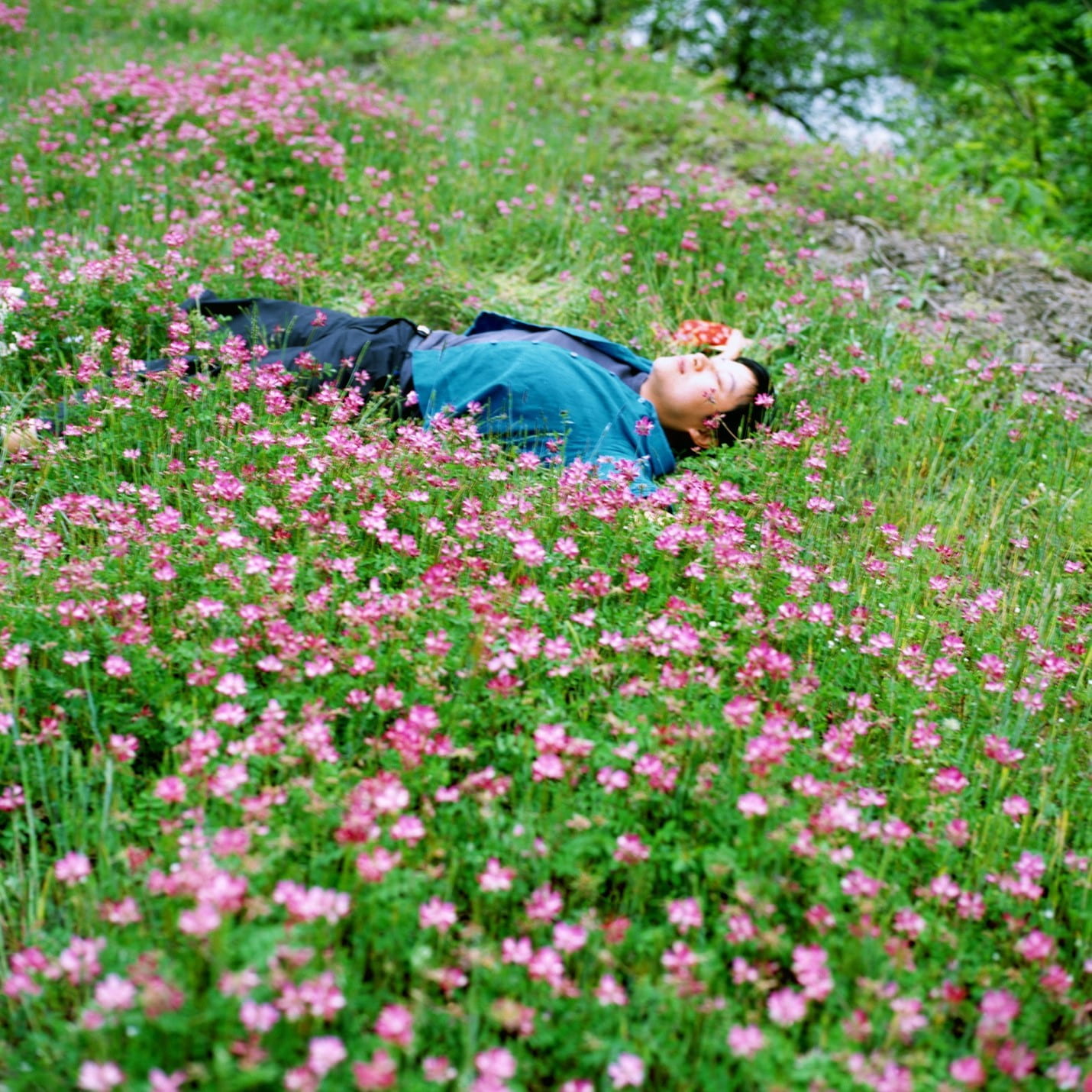










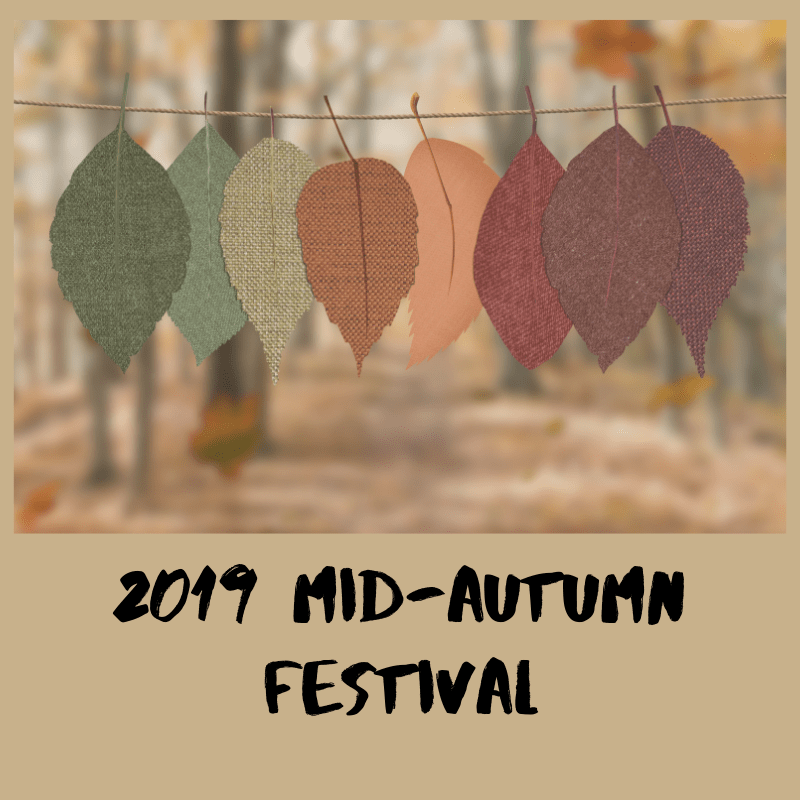




 Wendy Cutler (ESIA BA ’79) joined the Asia Society Policy Institute (ASPI) as vice president in November 2015. She also serves as the managing director of the Washington D.C. Office. In these roles, she focuses on building ASPI’s presence in Washington — strengthening its outreach as a think/do tank — and on leading initiatives that address challenges related to trade and investment, as well as women’s empowerment in Asia. She joined ASPI following an illustrious career of nearly three decades as a diplomat and negotiator in the Office of the U.S. Trade Representative (USTR). Most recently she served as Acting Deputy U.S. Trade Representative, working on a range of U.S. trade negotiations and initiatives in the Asia-Pacific region. In that capacity she was responsible for the Trans-Pacific Partnership (TPP) agreement, including the bilateral negotiations with Japan. She also was the chief negotiator to the U.S.-Korea (Korus) Free Trade Agreement. Cutler received her master’s degree from Georgetown University’s School of Foreign Service and her bachelor’s degree from the George Washington University.
Wendy Cutler (ESIA BA ’79) joined the Asia Society Policy Institute (ASPI) as vice president in November 2015. She also serves as the managing director of the Washington D.C. Office. In these roles, she focuses on building ASPI’s presence in Washington — strengthening its outreach as a think/do tank — and on leading initiatives that address challenges related to trade and investment, as well as women’s empowerment in Asia. She joined ASPI following an illustrious career of nearly three decades as a diplomat and negotiator in the Office of the U.S. Trade Representative (USTR). Most recently she served as Acting Deputy U.S. Trade Representative, working on a range of U.S. trade negotiations and initiatives in the Asia-Pacific region. In that capacity she was responsible for the Trans-Pacific Partnership (TPP) agreement, including the bilateral negotiations with Japan. She also was the chief negotiator to the U.S.-Korea (Korus) Free Trade Agreement. Cutler received her master’s degree from Georgetown University’s School of Foreign Service and her bachelor’s degree from the George Washington University.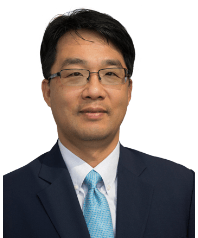 Yonho Kim is Associate Research Professor of Practice and Associate Director of GW Institute for Korean Studies. He specializes in North Korea’s mobile telecommunications and U.S. policy towards North Korea. Kim is the author of North Korea’s Mobile Telecommunications and Private Transportation Services in the Kim Jong-un Era (2019) and Cell Phones in North Korea: Has North Korea Entered the Telecommunications Revolution? (2014). His research findings were covered by various media outlets, including Wall Street Journal, The Atlantic, Yonhap News, and Libération. Prior to joining GWIKS, he extensively interacted with the Washington policy circle on the Korean peninsula as Senior Researcher of the U.S.-Korea Institute at Johns Hopkins University School of Advanced International Studies, Senior Reporter for Voice of America’s Korean Service, and Assistant Director of the Atlantic Council’s Program on Korea in Transition. He holds a B.A. and M.A. in International Relations from Seoul National University, and an M.A. in International Relations and International Economics from Johns Hopkins University School of Advanced International Studies.
Yonho Kim is Associate Research Professor of Practice and Associate Director of GW Institute for Korean Studies. He specializes in North Korea’s mobile telecommunications and U.S. policy towards North Korea. Kim is the author of North Korea’s Mobile Telecommunications and Private Transportation Services in the Kim Jong-un Era (2019) and Cell Phones in North Korea: Has North Korea Entered the Telecommunications Revolution? (2014). His research findings were covered by various media outlets, including Wall Street Journal, The Atlantic, Yonhap News, and Libération. Prior to joining GWIKS, he extensively interacted with the Washington policy circle on the Korean peninsula as Senior Researcher of the U.S.-Korea Institute at Johns Hopkins University School of Advanced International Studies, Senior Reporter for Voice of America’s Korean Service, and Assistant Director of the Atlantic Council’s Program on Korea in Transition. He holds a B.A. and M.A. in International Relations from Seoul National University, and an M.A. in International Relations and International Economics from Johns Hopkins University School of Advanced International Studies.



